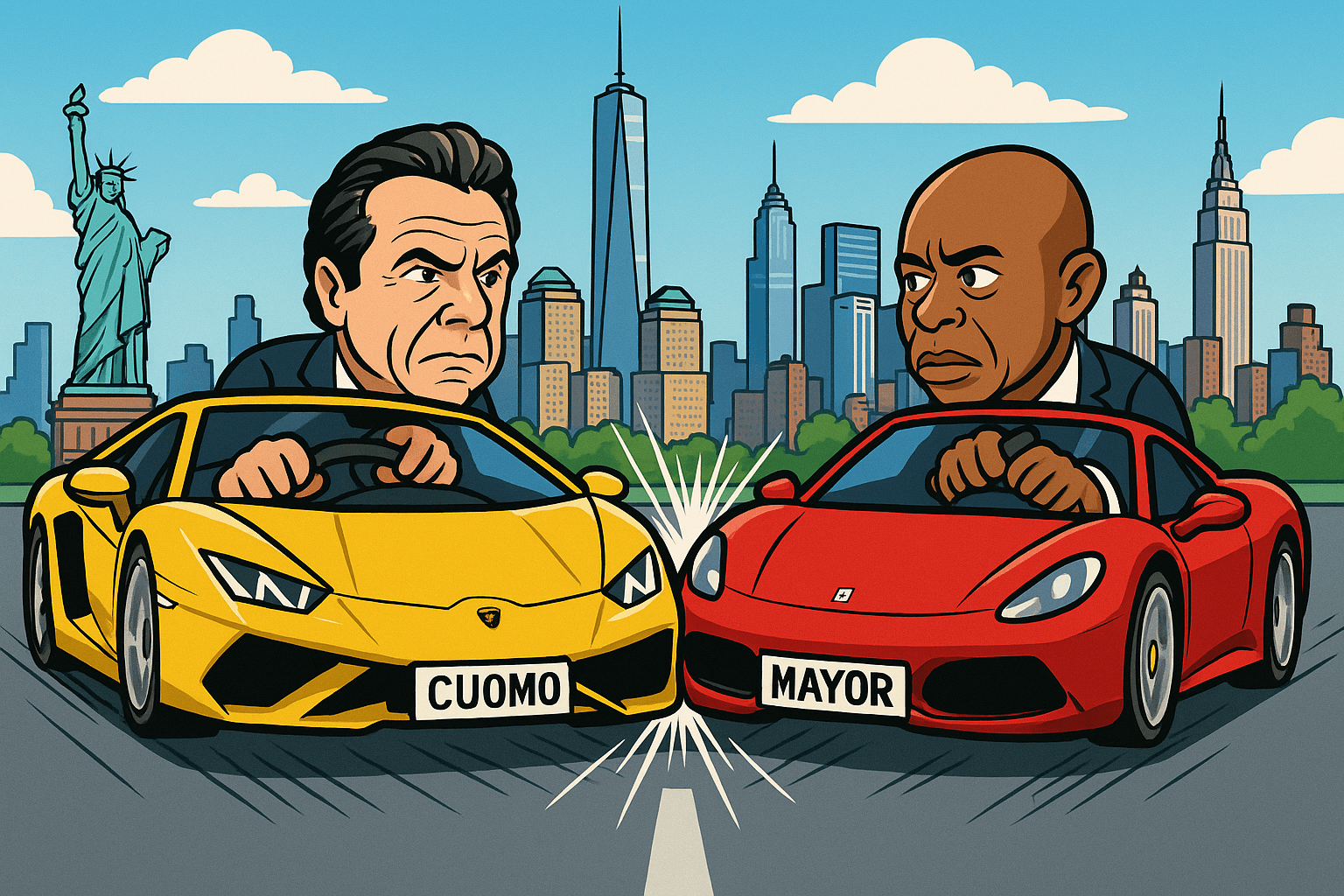‘Toppling the Duopoly’ Through Practical Political Reforms

Shawn Griffiths, National Editor of the IVN Network and the host of Toppling the Duopoly, joins T. J. O’Hara on Deconstructed to discuss voting rights, presidential debates, and electoral reform from a practical perspective. Beyond his responsibilities as IVN’s National Editor, he also is an election reform expert who collaborates with the leaders of related movements from across the nation.
After a brief discussion of some of the subjects and guest that have been featured on Toppling the Duopoly, Mr. Griffiths dives into the world of voter rights. He speaks about the recent attempts to pass the Voting Rights Act at the federal level and some of the inherent challenges of trying to affect comprehensive reform. Beyond the constitutional challenges, he explores why these issues are better left to the states to resolve.
T. J. asks about some of the more common and controversial issues that arise in any discussion of voting rights, including Voter ID and Early Voting initiatives. Mr. Griffiths explains how the former is often misunderstood and misrepresented. He cites the bipartisan Carter-Baker Commission on Federal Election Reform that reached a consensus on the need for Voter ID and how to address it back in 2005. Of course, those bipartisan recommendations have fallen by the wayside in favor of the hyper-partisan positions to which the parties cling today.
Mr. Griffiths also addresses T. J.’s question pertaining to Early Voting: “When is “early” too early?” The two discuss the pros and cons of Early Voting and the direction it has been heading.
Then, they explore the Republican Party’s recent consideration of requiring its presidential candidates to pledge not to participate in any debate hosted by the Commission on Presidential Debates. Mr. Griffiths provides background on the history of the CPD, how it came to be, and why the Republican Party’s action just might help correct what has become a dysfunctional system… or destroy it.
In the final segment of the show, Mr. Griffiths responds to a question about the Electoral College. Some people think it is fine just the way it is while others think it should be replaced by a direct democracy. Mr. Griffiths explains the pros and cons of both schools of thought and then offers a better approach.
Sit back and enjoy a balanced discussion based on Mr. Griffiths’ deep understanding of the issues surrounding election reform. It’s an experience you won’t find anywhere else.


